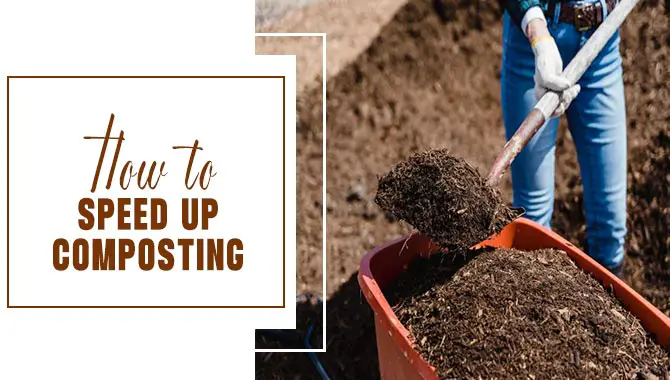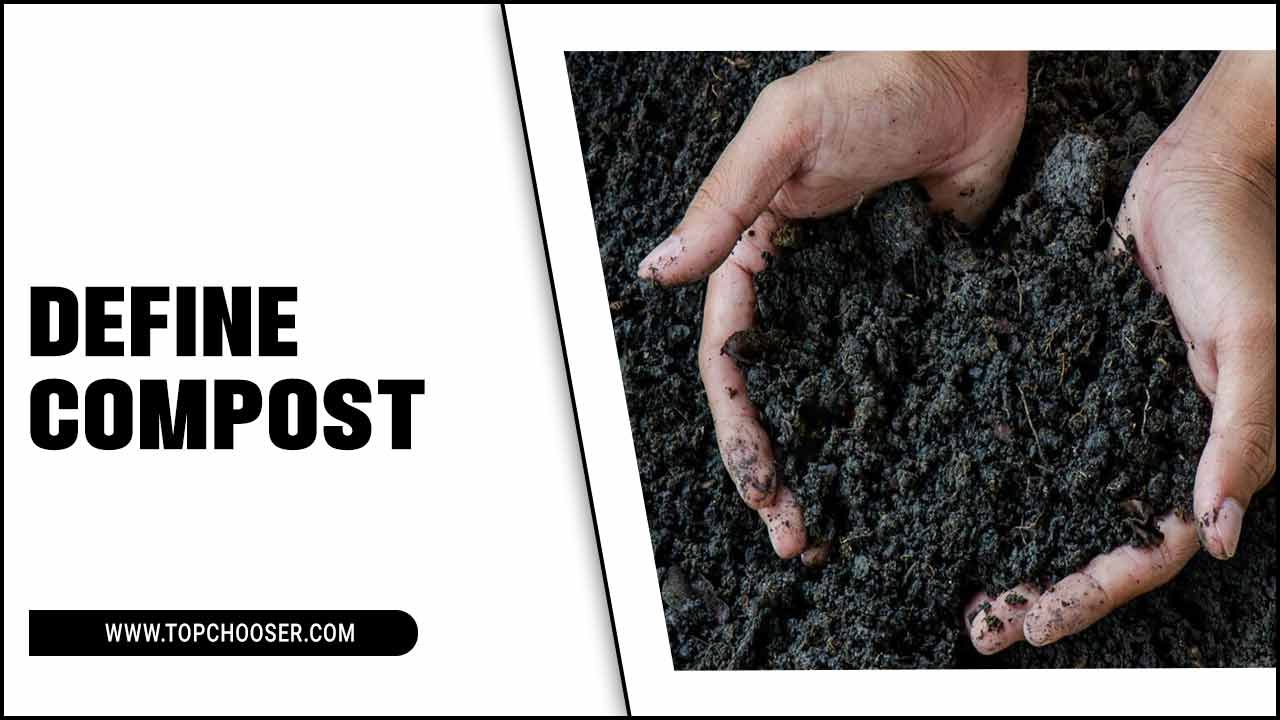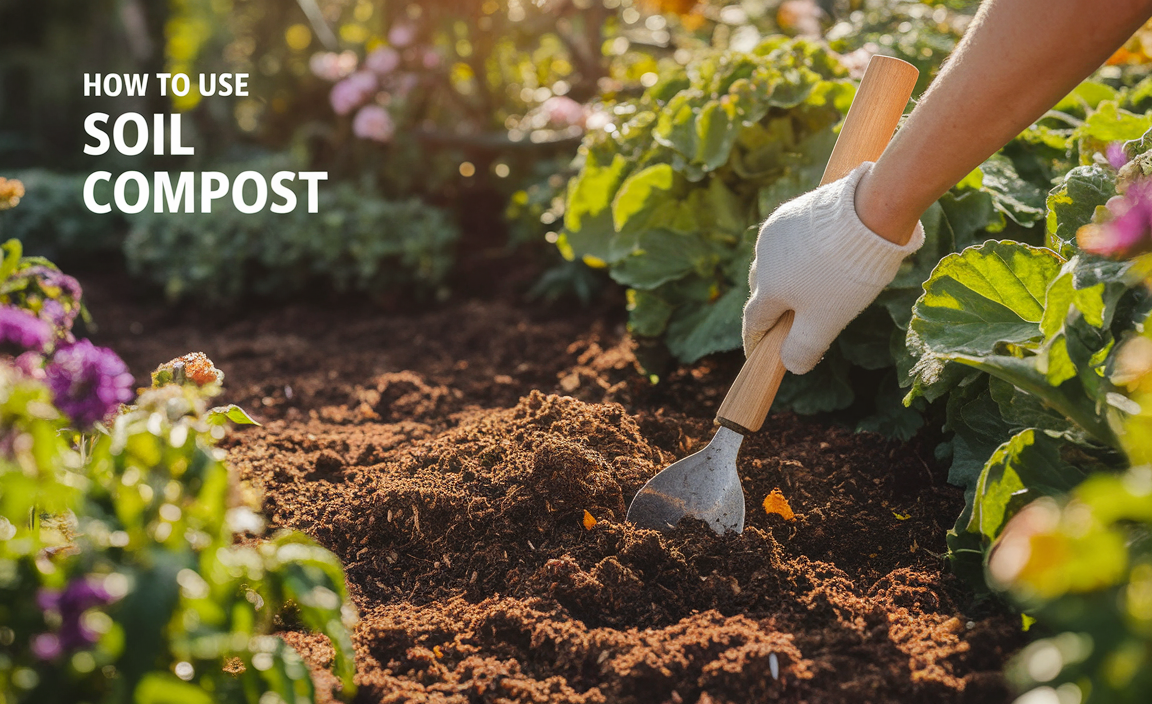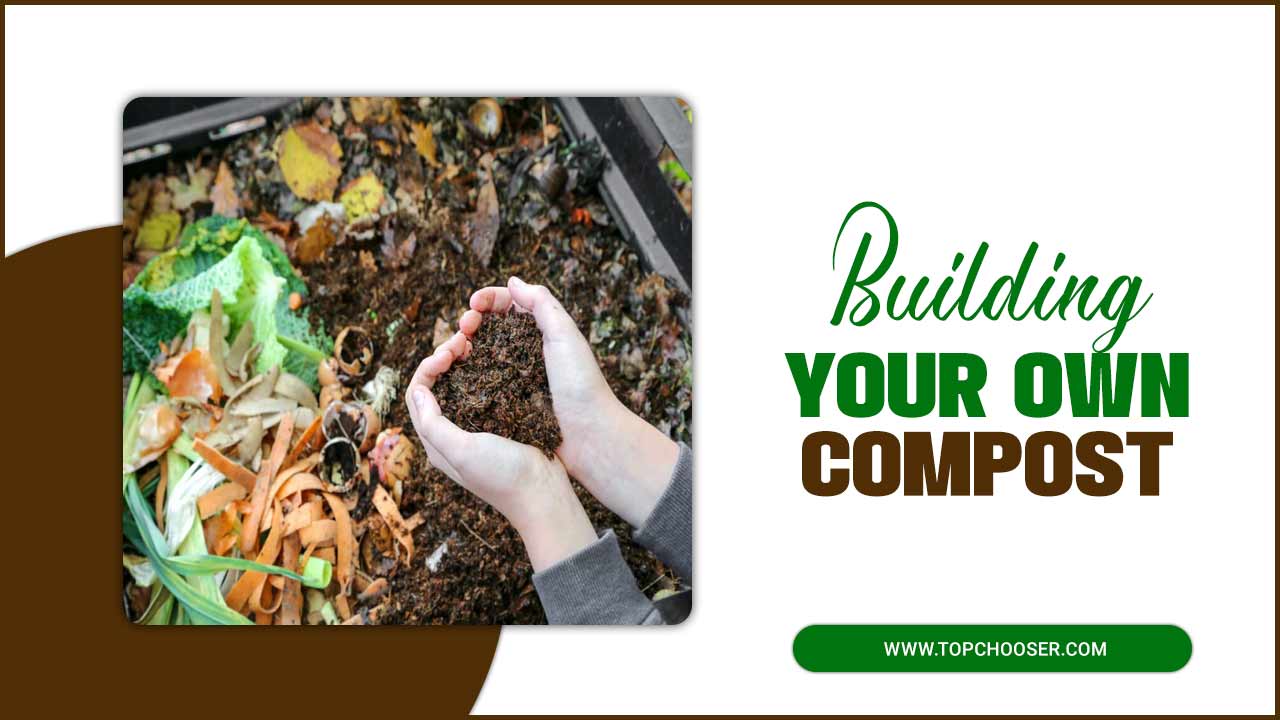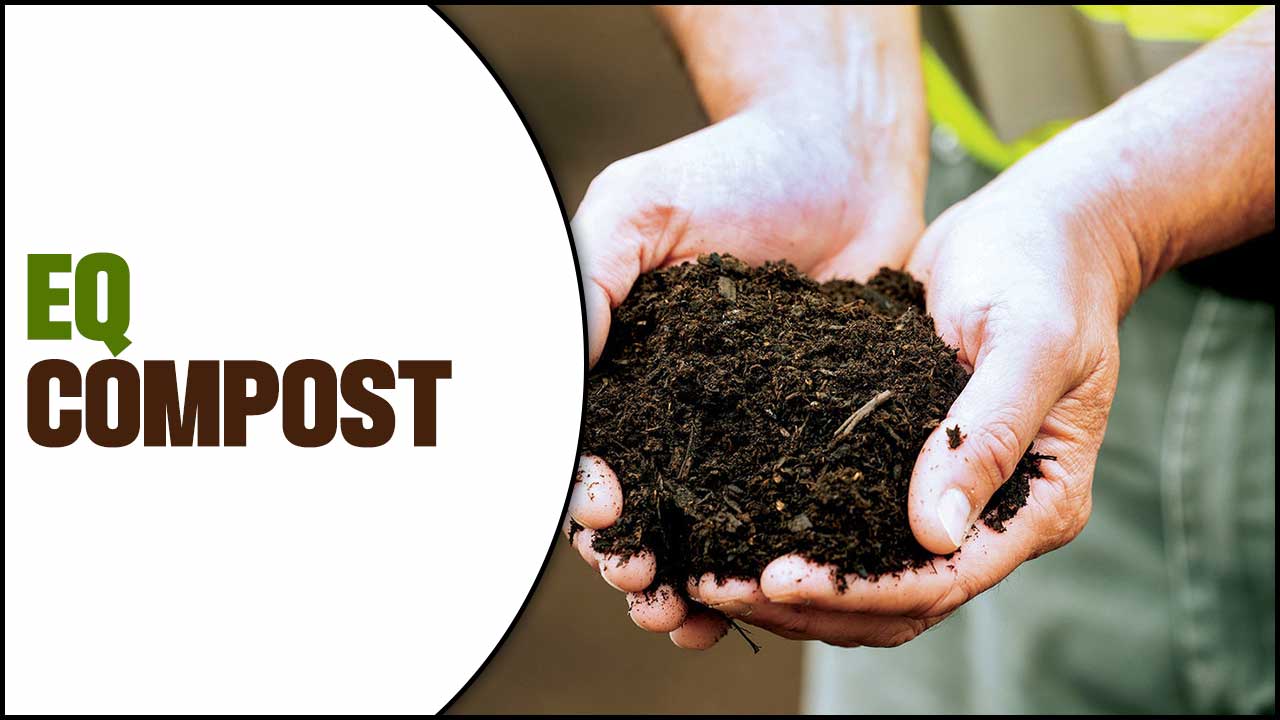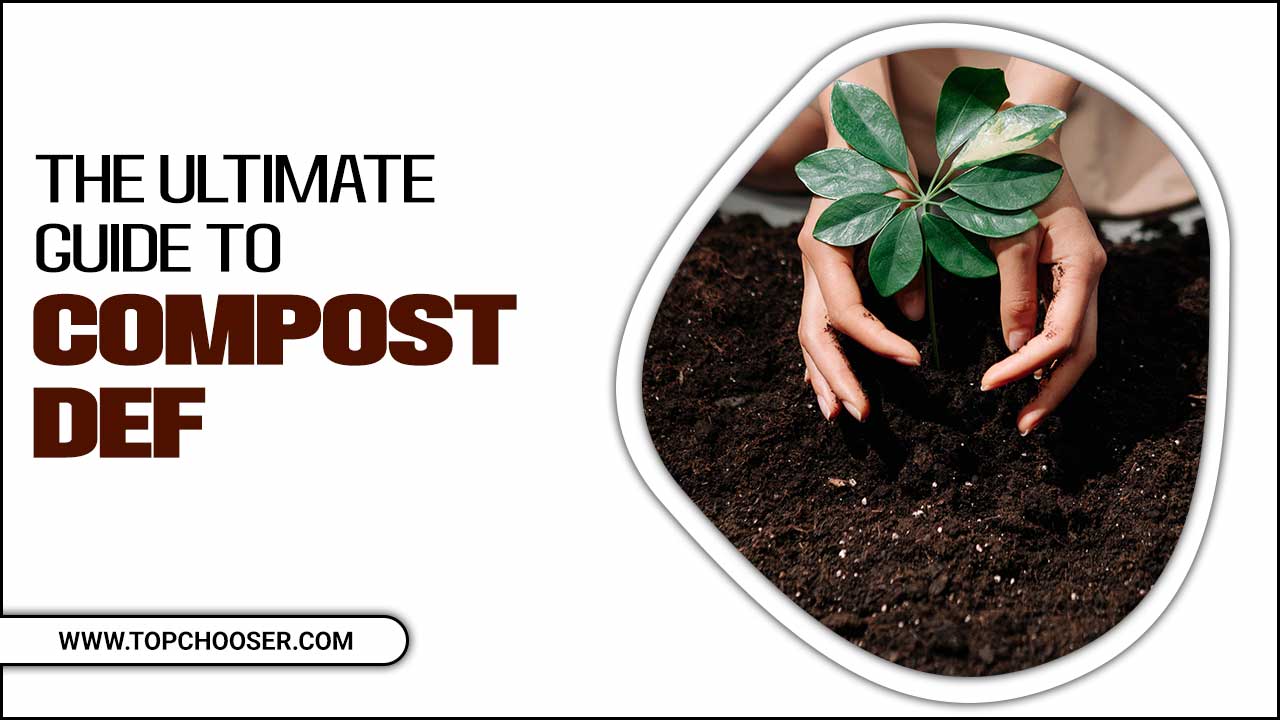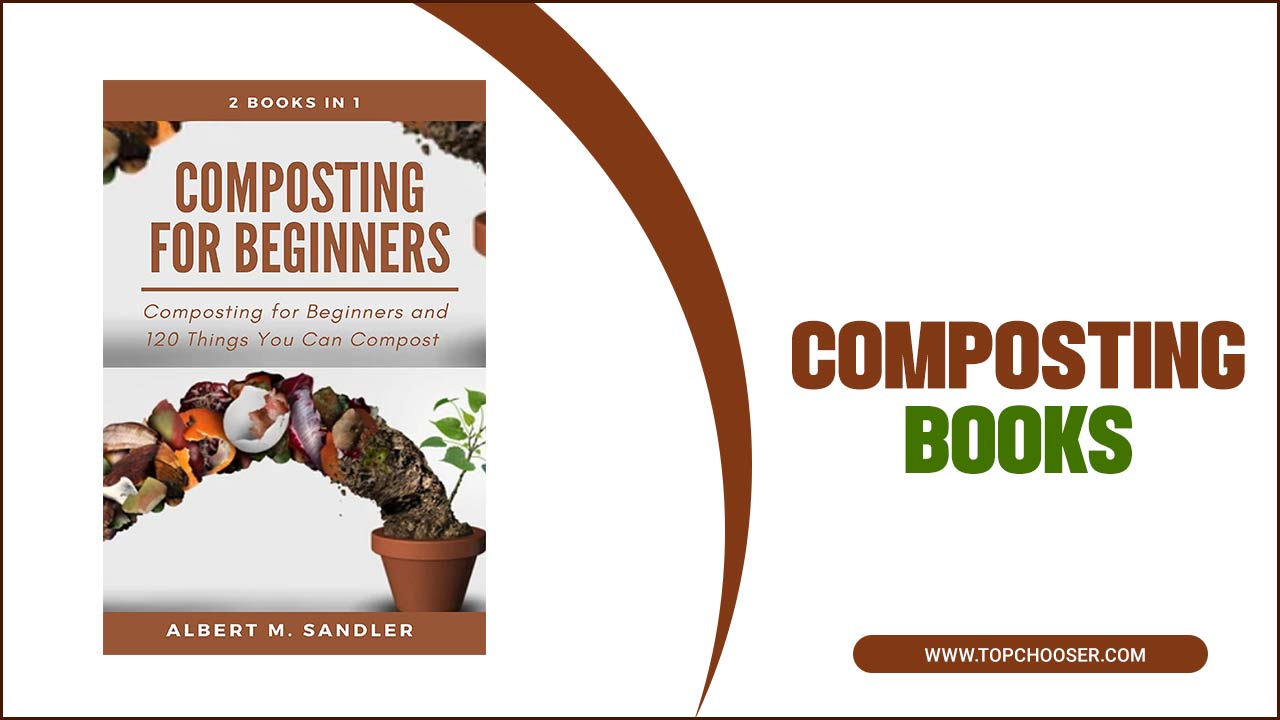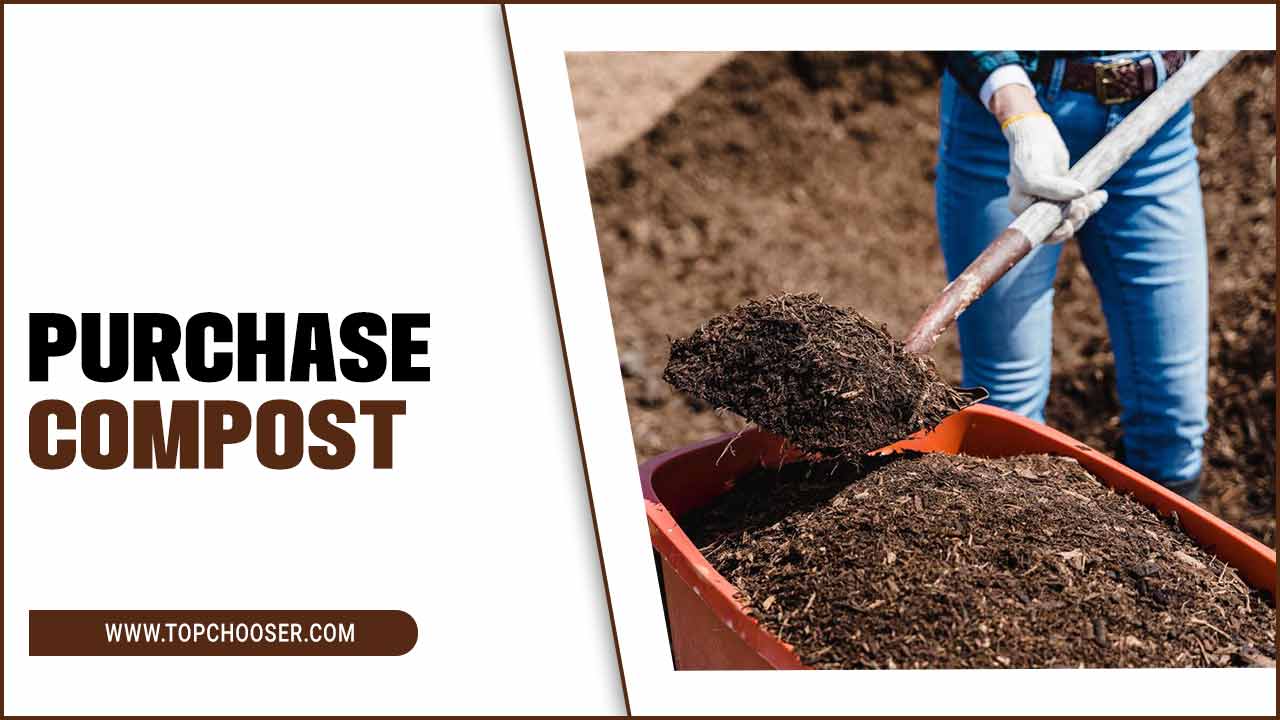As climate change continues to make headlines, it’s becoming increasingly important for individuals and businesses to take action towards sustainability. One way to make a positive impact on the environment is through composting.
Composting is the process of decomposing organic matter such as food scraps, yard waste, and paper products into nutrient-rich soil. This sustainable solution not only reduces the amount of waste sent to landfills but also provides several benefits for the environment. Also, we will explore the positive impact of composting benefits for the environment.
We will delve into how composting can help reduce greenhouse gas emissions and improve soil health. We will also discuss how composting can help conserve water and reduce the need for synthetic fertilizers. Additionally, we’ll take a look at how businesses can incorporate composting into their operations to reduce waste and improve sustainability practices.
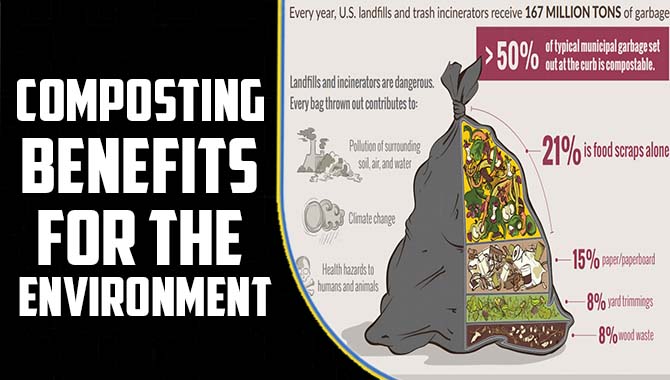
What Are The Composting Benefits For The Environment
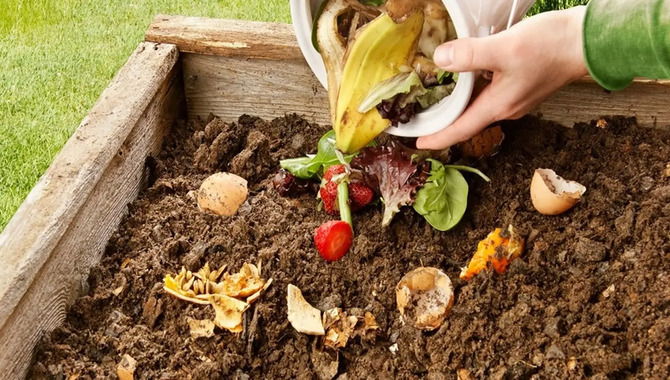
Composting is an eco-friendly process that involves decomposing organic waste materials. Such as food scraps, yard waste, and paper, into nutrient-rich soil. There are numerous composting benefits for the environment, making it an important practice for sustainable living.
Firstly, composting reduces the amount of waste that ends up in landfills, which in turn reduces greenhouse gas emissions. When organic waste is dumped in landfills, it decomposes anaerobically, which releases methane, a potent greenhouse gas that contributes to global warming. Additionally, composting creates a natural fertilizer that is free of harmful chemicals and additives.
Making it an ideal alternative to commercial fertilizers that can pollute waterways and harm wildlife. Composting also helps improve soil quality and prevent erosion, making it an effective tool for land restoration and erosion control. To start composting, there are a few simple steps to follow. Begin by selecting a location for your compost pile or bin, preferably in a shaded area with good drainage.
1.Reduce Landfill Waste With Composting
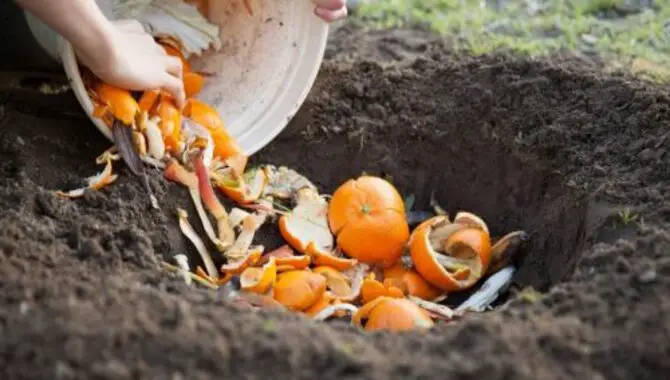
Composting is an effective solution to reducing landfill waste and promoting a more sustainable environment. Landfills are overflowing with organic waste, including food scraps and yard waste. Which can take years to decompose and release harmful greenhouse gases into the atmosphere.
Composting, on the other hand, creates a nutrient-rich soil amendment that can be used to fertilize plants and gardens. By diverting organic waste from landfills and converting it into compost, we can reduce the amount of methane gas produced by decomposing waste and contribute to a cleaner, healthier environment.
Composting also helps to conserve water by improving soil health and reducing it. The need for synthetic fertilizers, which can contaminate groundwater. Overall, composting is a sustainable solution that can have a positive impact on the environment and reduce our carbon footprint.
2.Composting Enriches Soil Naturally
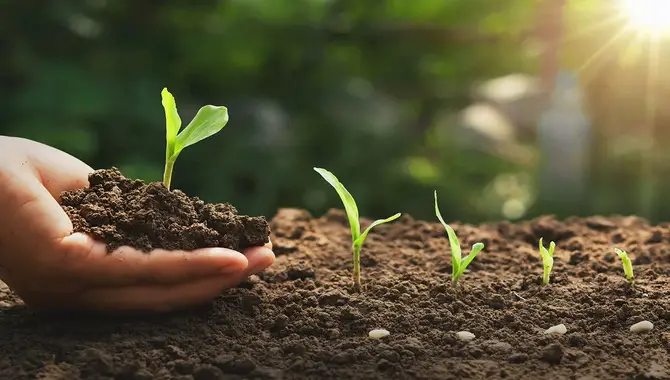
Composting is a sustainable solution that can provide numerous benefits to the environment. One of the primary benefits of composting is that it enriches soil naturally. Composting involves the breakdown of organic materials such as food scraps, yard waste, and other biodegradable materials into nutrient-rich soil.
As the materials decompose, they release essential nutrients that are beneficial for plant growth and development. This nutrient-rich soil can help to increase crop yields and improve soil health in a natural way.
In addition, composting reduces the need for chemical fertilizers that can be harmful to the environment and human health. Therefore, composting is a practical and effective way to promote sustainable agriculture and enhance the natural ecosystem.
3.Lower Your Carbon Footprint
Reducing your carbon footprint is an essential step towards building a more sustainable world. One way to achieve this is by composting. Composting can significantly decrease the amount of organic waste that ends up in landfills.
Where it releases harmful greenhouse gases like methane. By composting, you can help to reduce the amount of carbon dioxide in the atmosphere while also enriching the soil and reducing the need for chemical fertilizers. Additionally, using compost as a natural fertilizer can aid in carbon sequestration by increasing the amount of organic matter in the soil.
Which can trap carbon for an extended period. Overall, incorporate composting as part of your daily routine. You can make a significant contribution to reducing your carbon footprint and help to preserve the planet for future generations.
4.Reduce Greenhouse Gas Emissions
Reducing greenhouse gas emissions is a critical component of the sustainable solution and composting can play a significant role in achieving this goal. When organic waste is sent to landfills, it decomposes in anaerobic conditions, releasing methane gas, which is a potent greenhouse gas.
Composting, on the other hand, encourages the breakdown of organic waste in aerobic conditions, resulting in the release of carbon dioxide, a less potent greenhouse gas. By diverting organic waste from landfills and composting it instead. We can significantly reduce greenhouse gas emissions and mitigate climate change.
Composting can also help to sequester carbon in the soil, further reducing carbon dioxide levels in the atmosphere. Therefore, promoting composting practices is a crucial step towards a more sustainable future and a healthier planet for all.
5.Save On Fertilizers And Pesticides
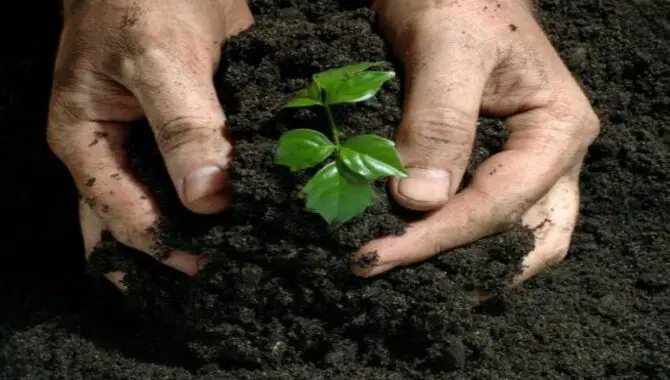
One of the significant benefits of composting is that it helps to reduce the need for fertilizers and pesticides. Composting encourages the growth of natural organisms that help plants to resist pests and diseases. The nutrients in the compost help to nourish the plants, making them more resistant to pests and diseases.
This means that farmers and gardeners can reduce their reliance on synthetic fertilizers and pesticides. Which can be harmful to the environment and human health. By using compost instead of synthetic fertilizers and pesticides, we can improve soil health, reduce water pollution, and minimize the greenhouse gas emissions associated with the production and use of these chemicals. Overall, composting offers a sustainable solution that benefits the environment and promotes healthy ecosystems.
6.Composting Conserves Water
Composting is a sustainable solution that offers numerous benefits for the environment. One of the most significant benefits is water conservation. Composting helps to conserve water by improving soil quality, increasing moisture retention, and reducing the need for irrigation.
Composting creates a rich soil amendment that can hold up to 10 times its weight in water, which means that plants can easily access water and nutrients, leading to healthier growth. Additionally, composting reduces the amount of water required to maintain healthy plant growth, resulting in a reduction in water usage. By implementing composting practices, individuals and businesses can contribute to water conservation efforts and help to protect this valuable natural resource.
7.Helps Prevent Soil Erosion
Composting is a sustainable solution that offers many benefits for the environment. One of the most significant advantages of composting is its ability to help prevent soil erosion. Soil erosion is a process where the top layer of soil is washed away by water or wind, leaving the land barren and unproductive.
Compost, rich in organic matter, helps improve soil structure, water retention and reduces soil erosion by increasing soil porosity, allowing water to penetrate the soil quickly and easily. Furthermore, composting helps stabilize the soil, making it less likely to wash away during heavy rainfall or high winds. By incorporating compost into the soil, we can build healthy soils, promote plant growth, and help prevent soil erosion, leading to a sustainable and healthy environment.
8.Boosts Plant Growth And Biodiversity
Composting has a direct positive impact on plant growth and biodiversity. When organic waste is composted and added to soil, it provides an abundance of nutrients that plants need to grow and thrive. These nutrients include nitrogen, phosphorus, and potassium, which are essential for healthy plant growth.
Additionally, compost can improve the soil structure and water-holding capacity, which also benefits plant growth. The enhanced soil quality can also increase biodiversity as it provides a better environment for insects, microbes, and other organisms that are crucial to a healthy ecosystem.
By using compost, we can create a sustainable cycle where organic matter is returned to the soil, promoting plant growth and supporting a diverse range of species in the environment.
Conclusion
Composting is an excellent sustainable solution that has a positive impact on the environment. It is a simple process that can be done at home or on a larger scale, and it helps reduce waste while enriching the soil.
Furthermore, composting has the potential to create job opportunities and support local agriculture Composting benefits for the environment include reducing greenhouse gas emissions, conserving water, and improving soil health.
By diverting organic waste from landfills and turning it into a nutrient-rich soil amendment, composting is an essential tool in the fight against climate change. It is a small but significant step we can all take toward a healthier, more sustainable future.
FAQs
[rank_math_rich_snippet id=”s-a1a85ac1-5bbf-41f1-9223-9723f883d623″]

I am passionate about home engineering. I specialize in designing, installing, and maintaining heating, ventilation, and air conditioning systems. My goal is to help people stay comfortable in their homes all year long.

